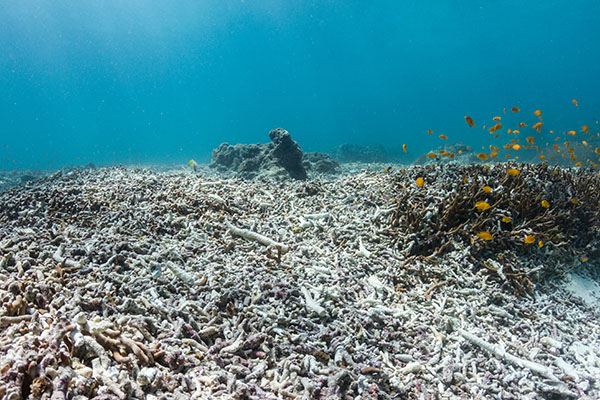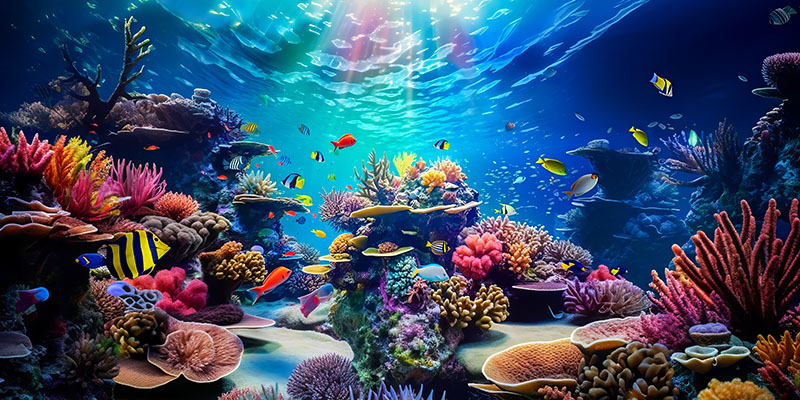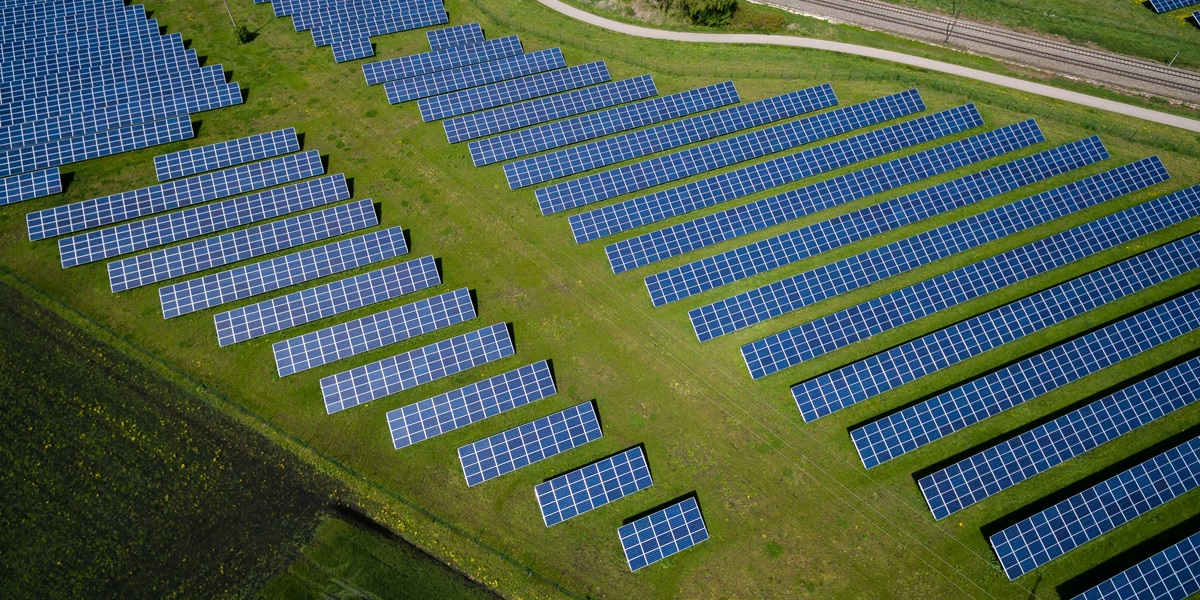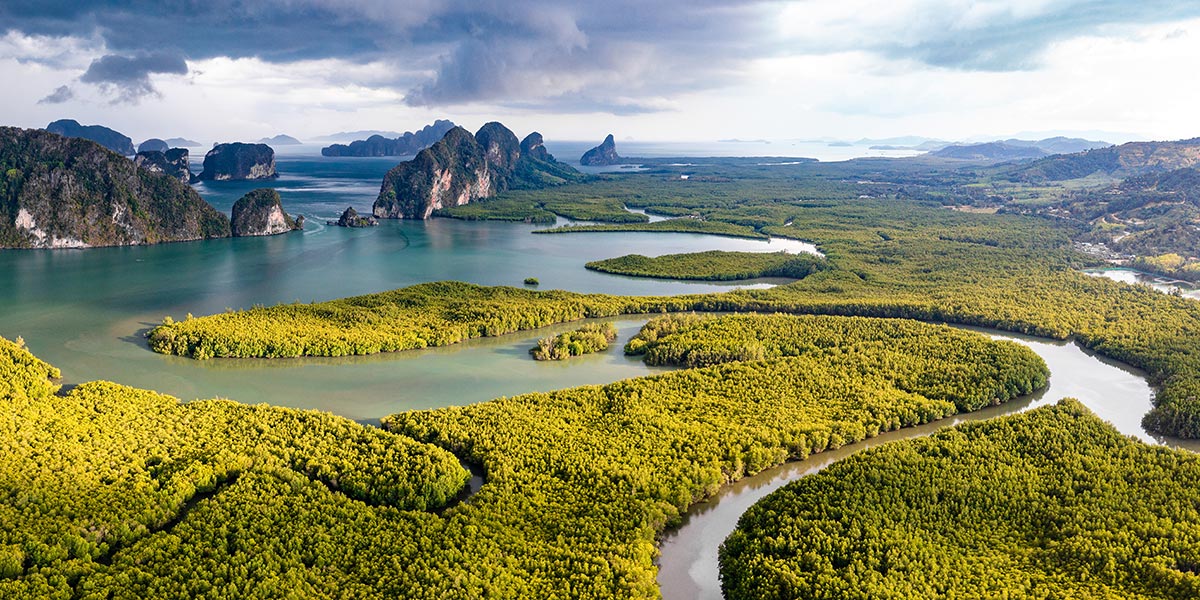What are Coral Reefs, and Why Are They Important?
Corals are animals belonging to the group Cnidaria. They live in colonies and coral reefs are underwater formations of calcium carbonate secreted by the coral polyps. These creatures have stinging tentacles, which are used to capture their prey, primarily Zooplankton. There are three main types of coral reefs:
- Fringing reefs, which grow directly from the shore or very close to it. These are the most common types of coral reefs.
- Barrier reefs run parallel to the coastline and are separated from the shore by a lagoon.
- Atolls are ring-shaped coral reefs which often enclose a small central island.
These marine ecosystems are among the most diverse and productive in the world, providing shelter, breeding grounds, and feeding areas for various marine life. A single reef can accommodate up to 4,000 species of marine life, including fish, molluscs, and crustaceans. Additionally, they regulate underwater CO2 levels and protect coastlines from flooding and erosion.

Climate Change and Its Impact on Coral Reefs
Climate change is the most severe threat facing the existence of coral reefs. Rising sea temperatures can cause coral bleaching, a stress response that leads to the widespread death of coral colonies. Other threats include overfishing, pollution, and destructive fishing practices. As a result of global warming, 14% of our planet’s reefs were lost between 2009 and 2018 alone. Unless we take immediate steps to combat the ongoing climate crisis, half of the world’s coral reefs could be threatened by 2035.
The Consequences of Coral Reef Damage

Decline in Marine Life
Coral mortality and the subsequent erosion of their skeletons reduce the structural complexity and biodiversity of the reef system. The decline and death of coral reefs disrupt the intricate relationships among marine organisms. Predatory and prey relationships can be altered, leading to an imbalance in the food chain. Wastewater pollution can also alter ocean temperature, pH, salinity, and oxygen levels, disrupting biological processes and physical environments essential to marine life. A recent study in Australia has found that 57% of shallow reef-dwelling species experienced declining populations between 2008 and 2021.
Climate change
Regional weather patterns are likely to change with the depletion of coral colonies, resulting in an increase in the severity and frequency of storm events, particularly cyclones. Additionally, ocean circulation patterns are expected to be affected, and pH levels are expected to drop due to the absorption of CO2.
Economic Impact
The decline of these vibrant marine ecosystems severely impacts local tourism and the commercial fishing industry, resulting in a loss of livelihood, revenue and food supply. It is estimated that up to $375 million is lost yearly due to coral death.
Global Efforts: What Is Being Done to Protect Coral Reefs?
Earnest efforts are being undertaken at various levels to protect coral reefs – from local initiatives to global partnerships. Some of the practical measures being taken include:
- Policy Support: The United Nations Environment Programme (UNEP) promotes using sound science to manage ecosystem services in marine and coastal areas. They work on climate change mitigation and adaptation, provide global, regional, and national policy support, and place coral reefs on the political agenda.
- Marine Protected Areas (MPAs): Certain areas of the nation’s waters, including some areas with coral reefs, are preserved. There is a total of five coral reef MPAs in India.
- No Take Zones (NTZs): These are areas designated in several of the world’s MPAs, where all forms of exploitation are prohibited and severely limit human activities.
- International Coral Reef Initiative (ICRI): An international initiative involving 44 countries — custodians of 75% of the world’s coral reefs — is underway. They are mobilising to safeguard coral reef ecosystems.
- Satellite Technology: Commonwealth countries are gaining free access to satellite technology to help them monitor and protect their endangered coral reefs from threats such as climate breakdown, overfishing, and pollution.
As for the countries doing the most work to protect reefs, Australia, home to the world’s largest coral reef system – the Great Barrier Reef – has climate change targets consistent with 3º C to 4º C of warming by 2100. Iceland, Norway, and New Zealand also have some of the healthiest fisheries with reliable enforcement.
How Can We as Individuals Contribute to Reef Conservation?
While the challenges facing coral reefs are significant, there is a beacon of hope in the difference each of us can make towards their conservation. By practising safe and responsible diving and snorkelling, we can explore the beauty of these underwater rainforests without causing them harm. By avoiding touching reefs or anchoring our boats on the reef, we can give these delicate ecosystems the space they need to thrive.
A reef-friendly approach to sun protection, recycling, and waste disposal can help reduce the pollution threatening these vibrant habitats. Switching to renewable energy and using environmentally friendly modes of transportation can make a stark difference in the fight against climate change – the most immediate threat facing coral reefs. The best part is that by adopting these practices, anyone anywhere can play a meaningful role in preserving these majestically beautiful and ecologically critical underwater rainforests.
Sources
- Protecting Coral Reefs | UNEP – UN Environment Programme
- https://www.americanoceans.org/facts/why-are-coral-reefs-dying/
- https://reefresilience.org/management-strategies/wastewater-pollution/impacts-on-marine-life/
- https://www.un.org/en/chronicle/article/impacts-climate-change-coral-reefs-and-marine-environment
- How does climate change affect coral reefs? (noaa.gov)
- Dying Coral Reefs Impact Environment and Economy (time.com)
- As oceans warm, these reef species edge closer to extinction | World Economic Forum (weforum.org)
- Coral reefs are more endangered than previously thought | World Economic Forum (weforum.org)
- http://pdf.wri.org/reefs_caribbean_chap5.pdf
- How the world is coming together to save coral reefs | World Economic Forum (weforum.org)
- Protection Measures of Coral Reefs – INSIGHTSIAS (insightsonindia.com)
- Commonwealth nations to protect coral reefs with satellite technology | Oceans | The Guardian
- 9 Ways to Help Protect Coral Reefs | Ocean Conservation (nathab.com)
- https://www.epa.gov/coral-reefs/what-you-can-do-help-protect-coral-reefs



